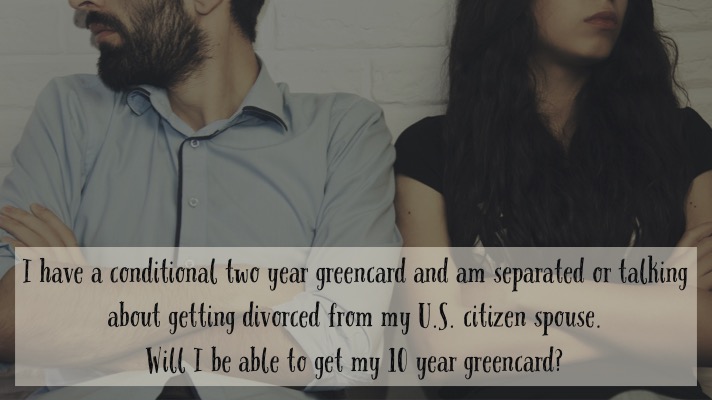
Immigrants throughout the United States have been victimized by “notarios” who present themselves as attorneys or attorney-like figures who take a much smaller fee than any attorney and who agree to file immigration paperwork on behalf of the unsuspecting immigrant. These individuals often create major immigration problems for the vulnerable victims who often don’t speak English and are unfamiliar with our immigration laws. The notarios will often commit immigration fraud or make material misrepresentations that can subject the immigrant victim to criminal prosecution and/or deportation. Many victims put their trust in people to do the right thing and to file the correct paperwork with the correct information. So they sign their names to the applications. Often, without reading what they are signing. The Board of Immigration Appeals recently came out with a decision which discusses this very issue. The BIA held that there will be a strong presumption that if you sign your name to an immigration application or petition, then you are aware of the contents of the application or petition.
What if I signed my name to an immigration application, but I didn’t read what was in the application?
In Matter of Valdez, 27 I&N Dec. 496 (BIA 2018), the Board of Immigration Appeals (BIA) decided the case of A.J. and Z. Valdez, a husband and wife who were citizens of Venezuela. The Valdez’s hired a person who was not an attorney to help them get greencards. The Valdez’s believed that the person was an attorney and pastor and could get them greencards through the church. They paid this person $15,000 to represent them and he drafted the applications, presented the applications to the Valdez’s for them to sign, and then filed the applications with USCIS. The applications were in English and the Valdez’s only spoke Spanish. The Valdez’s signed the applications, relying on the person they paid and who they thought was an attorney. USCIS granted the applications and the Valdez’s received their greencards. Upon reentry after a trip abroad, Customs and Border Protection (CBP) placed the Valdez’s in secondary inspection and ultimately they were placed in removal (deportation) proceedings. The Valdez’s were charged with being inadmissible under INA 212(a)(6)(C)(i) for fraud or willfully misrepresenting a material fact, seeks to procure (or has sought to procure or has procured) a visa, other documentation, or admission into the United States or other benefit provided under the Act.”

 Florida Immigration Lawyer Blog
Florida Immigration Lawyer Blog













 Injunctions for protection, also commonly referred to as restraining orders, continue to serve as a potential pitfall for non – United States citizens. Injunctions are extremely easy to obtain and little evidence is required to obtain one. Often, a judge will issue an injunction based solely on the word of the person who filed for the injunction. That person may have ulterior motives to obtain the injunction, for example to gain leverage in a divorce proceeding or child custody proceeding. But once an injunction is obtained, any violation of that injunction could lead to deportation. A conviction is not even necessary. And even if you would otherwise be eligible for a form of relief where the judge could cancel your removal, a conviction would render you ineligible. A recent Board of Immigration Appeals decision has further solidified this position.
Injunctions for protection, also commonly referred to as restraining orders, continue to serve as a potential pitfall for non – United States citizens. Injunctions are extremely easy to obtain and little evidence is required to obtain one. Often, a judge will issue an injunction based solely on the word of the person who filed for the injunction. That person may have ulterior motives to obtain the injunction, for example to gain leverage in a divorce proceeding or child custody proceeding. But once an injunction is obtained, any violation of that injunction could lead to deportation. A conviction is not even necessary. And even if you would otherwise be eligible for a form of relief where the judge could cancel your removal, a conviction would render you ineligible. A recent Board of Immigration Appeals decision has further solidified this position.